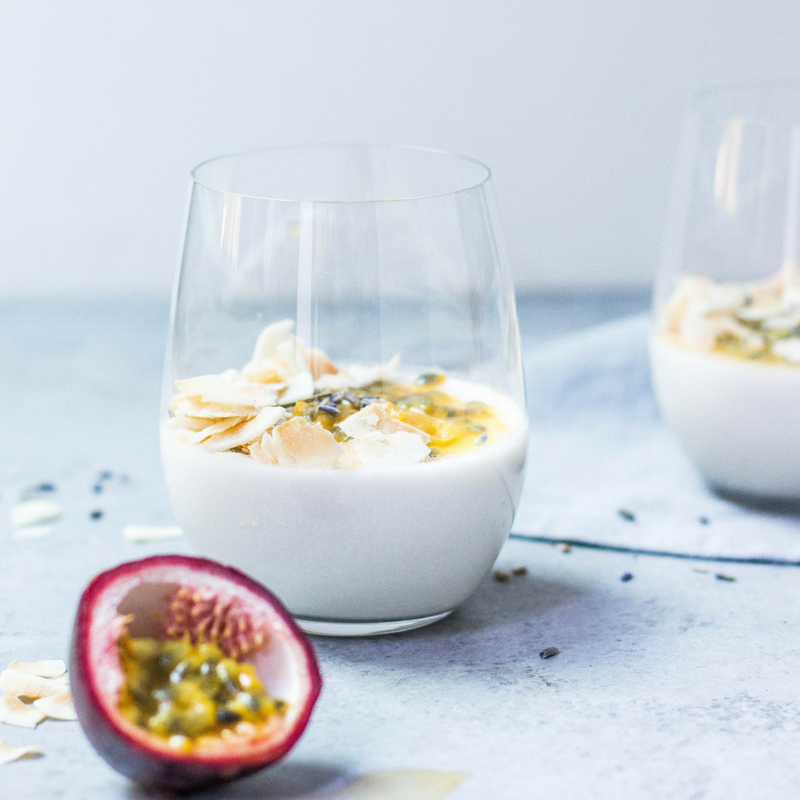Lily here. Our skin health and glow is reliant on more than great skincare and regular facial treatments. In this blog I delve into what probiotics are, why they're essential and where you can most easily find them in the foods you might eat every day!
What are probiotics?
Probiotics (derived from the Greek words – Pro Life) are defined as live organisms such as bacteria or yeasts that are essential for optimal gastrointestinal health and functioning. To put it in perspective, our cells are outnumbered by microbial cells with their total weight coming close to 1-2kg – roughly the same weight as our brain.
Why are they so essential?
Gut health is fundamental to our overall wellbeing. The first step to healthy glowing skin is a happy tummy. If there is an imbalance or dysfunction happening within the gut, first place it is likely to show is in our skin, and this is because our skin is our largest organ of elimination. Medications, in particular – antibiotics, stress and poor diet choices can all impact the functioning of our gut. Antibiotics for example, are unable to differentiate between good and bad bacteria, therefore eliminating all bacteria. Probiotics help to restore our good bacteria, and by doing so they assist with the breakdown and digestion of the foods we eat, helping the body to utilize nutrients and facilitate the elimination of toxic substances.
What are probiotics used for?
Whilst probiotics are typically used for gastrointestinal related conditions, growing research (1) is supporting their benefits for a variety of health conditions. Here’s some just to name a few:
- IBS
- IBD
- Constipation
- Lactose intolerance
- Gut dysbiosis
- GIT infections
- Mastitis
- Anxiety and depression
- Low immunity
- Prevention of UTI’s
- Gastroesophageal reflux
- Atopic eczema.
Do I need to be taking a probiotic?
If you have a history of antibiotic use, experience skin conditions like acne, eczema, psoriasis, or gastrointestinal upsets such as bloating, constipation, diarrhoea, then it may be useful to check in with a nutritionist or naturopath to determine whether it is right for you. It is not advisable to put yourself straight onto a probiotic supplement with any of the above-mentioned conditions, as if there are any intestinal permeability issues, it could potentially create more problems for you.
Probiotic sources
Probiotics can be obtained either through supplementation or through the diet. The benefit of taking a supplement is knowing the exact strains and amounts of bacteria per bottle. It’s also a lot easier to obtain a therapeutic dose this way, however it’s best to check in with a health professional before doing so. Probiotic foods have generally undergone some form of fermentation including things like kombucha, kefir and sauerkraut. Incorporating these foods into your daily meals is a great way to support a happy, healthy functioning gut. Prebioitic food sources (fibrous foods that serve as fuel/food for probiotic bacteria) will also help to keep our gut environment balanced and thriving. Prebiotic food sources include stewed apples, legumes, vegetables like asparagus, Jerusalem artichoke, onion and garlic.
Another important thing to note is our microflora loves diversity especially when it comes to the foods we eat. By having a diverse diet of fresh fruits, vegetables, whole grains, and eating aligned with what is available seasonally and locally (where possible), this encourages a diverse environment for our good bacteria to thrive in.
It’s like the saying goes, you are what you eat. If you have a wholesome diet that is full of variety, your tummy and skin will reflect this with a luminous healthy glow, likewise if your diet lacks diversity, is heavily processed and refined, your gut is more than likely not going to be working at its optimal best, and skin will appear dull, congested and lacklustre. Incorporate at least 1 probiotic and prebiotic food source into your daily diet and notice the improvement in your skin and gut functioning.
1: Lew, LC, Liong MT 2013, “Bioactives from probiotics for dermal health: functions and benefits”, Journal of Applied Microbiology, vol. 114, pp. 1241-1253, viewed 28/8/17
